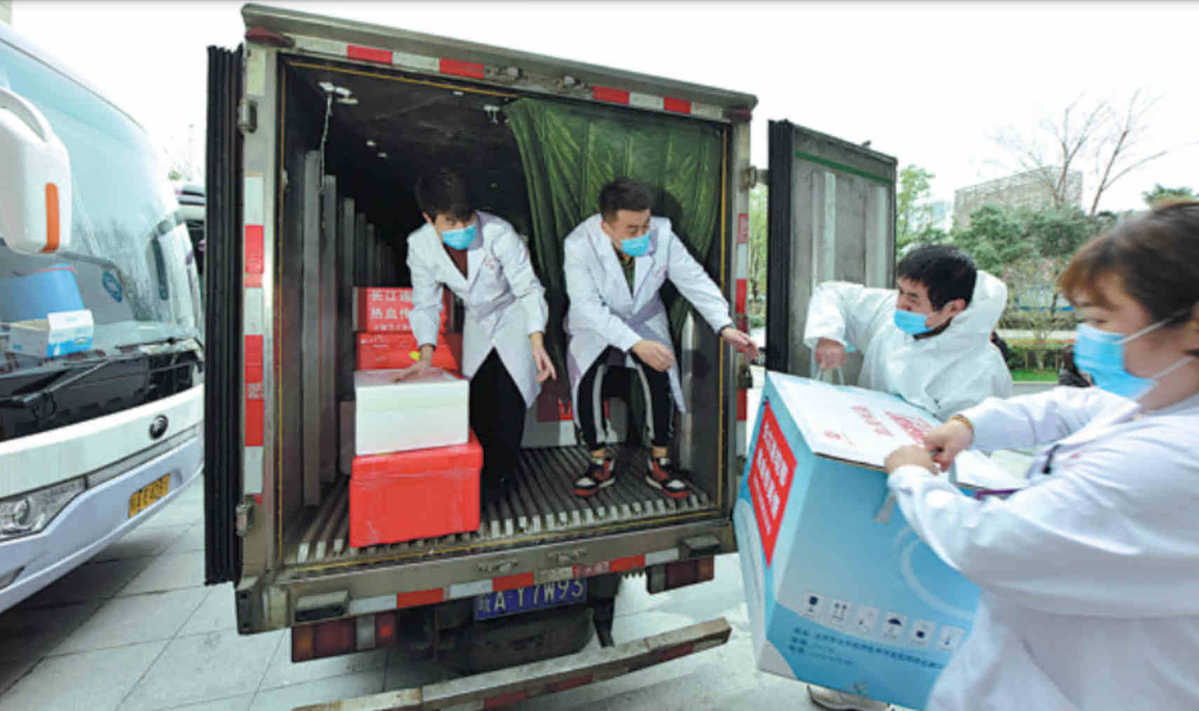Donors help put positive spin on Rh-negative blood


Pregnancy problems
Liu Yuyang, 35, is 25 weeks pregnant. When the Beijing native was informed of her Rh-negative status during her first pregnancy test in January, she was surprised and anxious. She had been informed that having such a rare blood group could result in problems such as hemolysis (the rupture and destruction of oxygen-carrying red blood cells) in the newborn child. Moreover, it can be difficult to find if the mother experiences heavy blood loss during or after childbirth.
"This is my first pregnancy, at a relatively advanced age, but I knew nothing about my blood type. However, rather than giving me more information about my blood type, the doctor told me about possible problems. That made me concerned that bad things might happen to me," Liu said.
Like Wang, Liu is a member of the Yonghe Rare Blood Type Nonprofit Organization, a nonprofit in Beijing that was founded in 2013 by several people with Rh-negative blood types.
The group boasts more than 40 volunteers and has about 2,000 members with rare blood types-including pregnant women and a number of expats-who joined to learn more about the subject and sometimes donate blood.
Through the group, Liu has learned about Rh-negative blood and the problems that may afflict pregnant women. Moreover, the volunteers are often able to answer her questions about problems and concerns, which has eased her mind.
"With regard to possible bleeding during childbirth, pregnant women ask the hospital to make sure enough blood will be available in the event of an emergency, so the blood bank contacts many donors. However, if no emergency occurs, the precious blood will become unusable after about a month," she said.
"The group has many members with different rare blood types. In addition to communicating with other pregnant women and new mothers, it provides help when I'm at my wit's end. Of course, I will also be willing to help others after I give birth."























